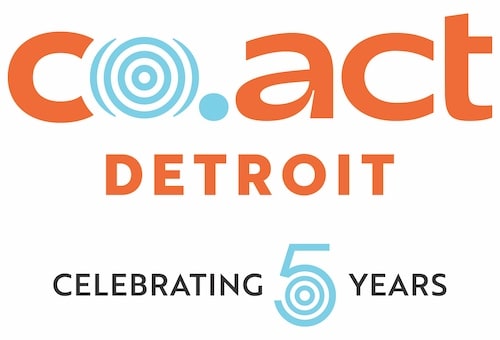There’s a common story about the state of the nonprofit sector that goes like this: As public funding for social issues declines, nonprofit organizations fill the gaps and steadily grow in number. In spite of this growth, outcomes on indicators of social well-being remain largely the same — which, as the narrative goes, must mean that either nonprofits need to be “fixed”, or that the issues we’re working towards are intractable.
Like many simplistic narratives, this one often goes unchallenged, even though most people in the nonprofit ecosystem understand there is a  chasm within it — one large enough to contain the wider world, and the dynamic barriers and the racial, social and economic inequalities it holds.
chasm within it — one large enough to contain the wider world, and the dynamic barriers and the racial, social and economic inequalities it holds.
Often, there are vast differences in lived experience between the leaders of Foundations and nonprofit organizations (which are disproportionately white) and the communities they serve (which are mostly black and brown), which often leads to skewed perspectives on community needs and priorities, and on strategies for solving problems.
When you combine these differences with the fact that it is easier and, frankly, more enjoyable to discuss programs and their impact on beneficiaries, what gets excluded from the narrative is the fact that nonprofits can’t realize sustained and systemic impact unless and until they are in a position to invest in and build out the capacity needed to deliver their programs over the long term.
Proceeding from this complication of the common narrative, a collaborative of four nonprofit intermediaries — Michigan Nonprofit Association (MNA), Michigan Community Resources (MCR), Nonprofit Enterprise at Work (NEW), and the University of Michigan School of Social Work came together around a shared vision for a capacity building system for Southeast Michigan, starting with Detroit as the core.
What emerged was Michigan Community Resources’ 2019 Building a Network report, a set of recommendations developed by the Collaborative in partnership with Southeast Michigan’s nonprofit community. The Collaborative defines capacity building as strengthening nonprofits’ internal functioning while simultaneously strengthening their ability to function as part of a network collectively striving to advance social change.
The recommendations unearthed and amplified in the Building a Network report also provided the theoretical and philosophical structure for us and our partners to proudly announce, last week, the launch of the Activate Fund, a $1.5 million investment from the Ralph C. Wilson, Jr.,  Foundation to connect nonprofit organizations serving southeast Michigan with much needed financial and practical resources.
Foundation to connect nonprofit organizations serving southeast Michigan with much needed financial and practical resources.
We understand that advancing social change means tackling large, complex problems that are not intractable but are beyond the scope of any single organization to address. Addressing policies, practices, institutions, attitudes, and values that perpetuate social and racial inequality within the nonprofit ecosystem and in communities requires leveraging the resources, strengths, and knowledge of a broad-based network.
We believe the launch of the Activate Fund to be a step in that direction, and a model for harnessing the collaborative action of funders, nonprofits and intermediaries going forward.
